Why do people pay to suffer? 😭
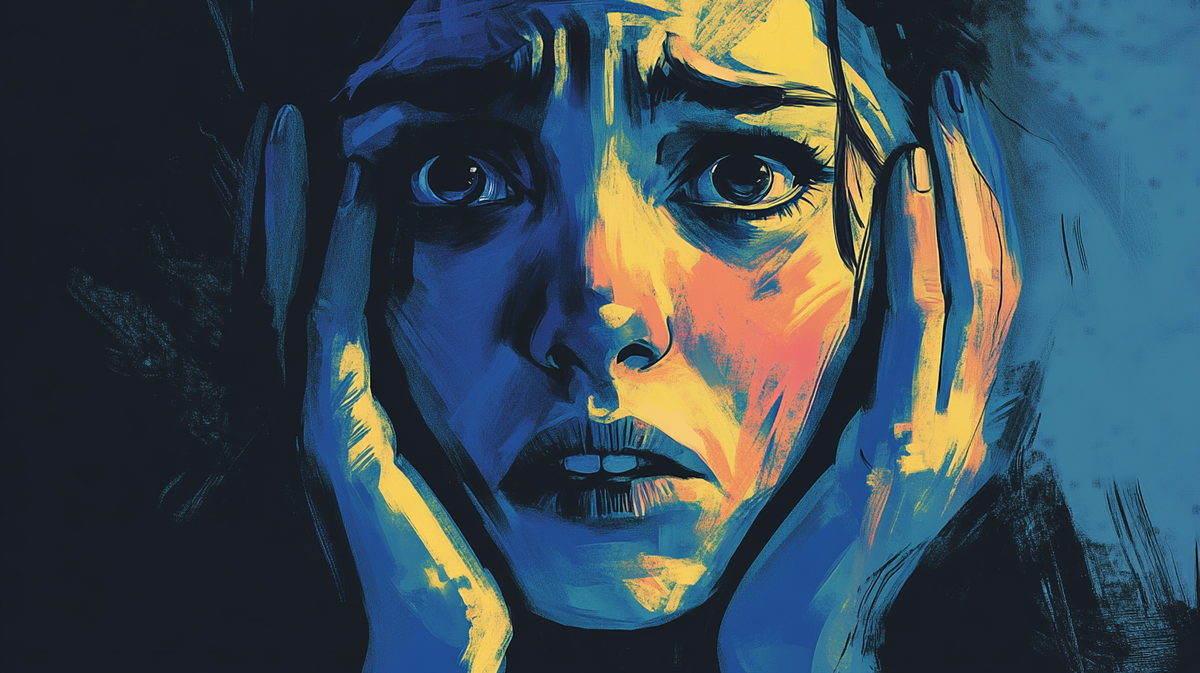
I read something odd the other day.
Over in China, the Department of Culture and Tourism announced they had created a unique holiday package. Called the "Exile to Ningguta", paying customers would get the chance to experience what it was like to be exiled during the Qing dynasty.
The experience, which involves tourists wearing prisoner uniforms, has the added option of allowing visitors to don wooden collars and shackles, and be marched up and down by actors in official uniforms. But it doesn’t stop there. As part of the experience, bungee jumping will also be available to simulate the desperation felt by exiles who, in their despair, sometimes chose to leap from cliffs. Annnnddddd… that’s enough.
While I quietly shook my head at that last bit, it did get me thinking. Why do people pay to do things that make them feel bad?
I’m not talking about visiting museums or memorials for key - and often very tragic - events in human history. I’m talking about this idea that people will pay to have themselves put in positions that cause physical, and emotional distress.
Things like paying a company to strip you of your possessions and drop you in the middle of nowhere, paying to run a race that might drive you mad, or like the travelers above, paying to be shackled and marched up and down a hillside?
That’s why in this week’s Brink I’m going to be asking; why do people pay to suffer?
Chosen Suffering 🙋♀️

Not all suffering was created equally. I must make a distinction between chosen and unchosen suffering. Unchosen suffering is, as it sounds, suffering that arrives unannounced and unwanted.
It’s the loss of a loved one, it’s your house burning down, it’s losing your job, it’s a sudden cancer diagnosis. These moments of suffering visit us and are, in a word, terrible. Not to say they can’t become meaningful afterwards, but at that moment we didn’t sign up for them.
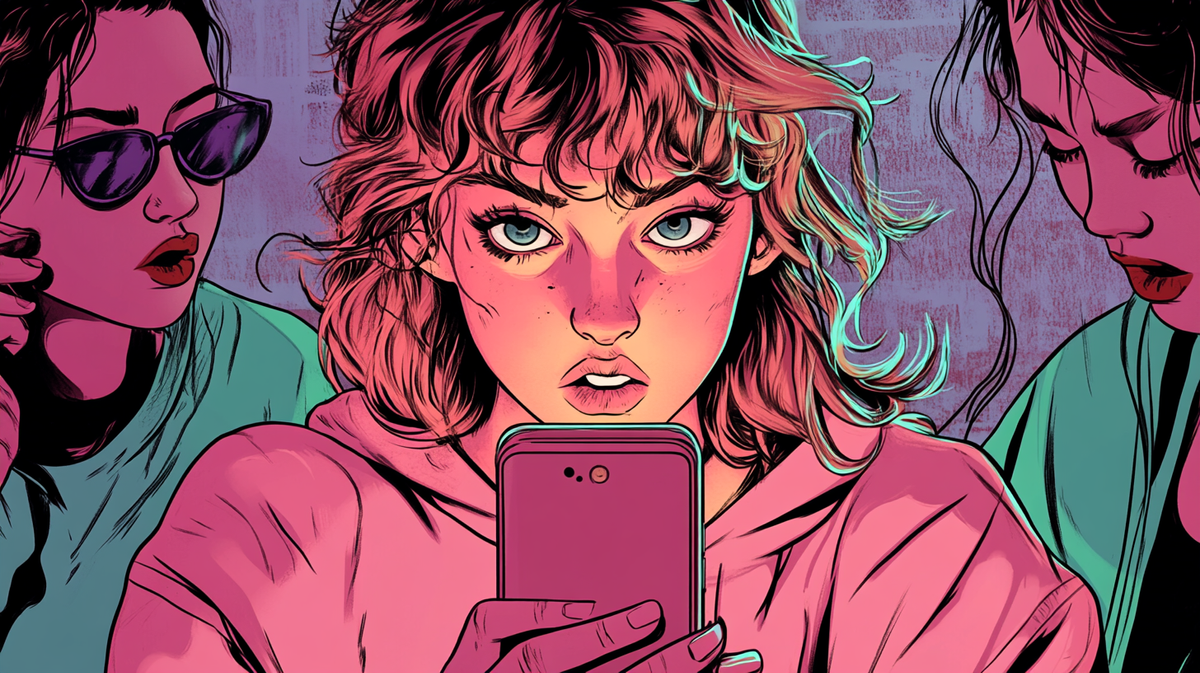
Chosen suffering, meanwhile, is suffering we go looking for. It’s ordering the spiciest thing on the menu, it’s watching movies that haunt your dreams for the next six months, it’s signing up to do a 200-mile ultra marathon in a tunnel, in the dark, where you run the same bit of pavement 200 times. It’s asking to be shackled and marched up and down a hillside.
This is the type of suffering we’re digging into. Why do people with lives that seem to be quite comfortable seek discomfort? Let’s take a look at the history books.
Self-flagellation 💥
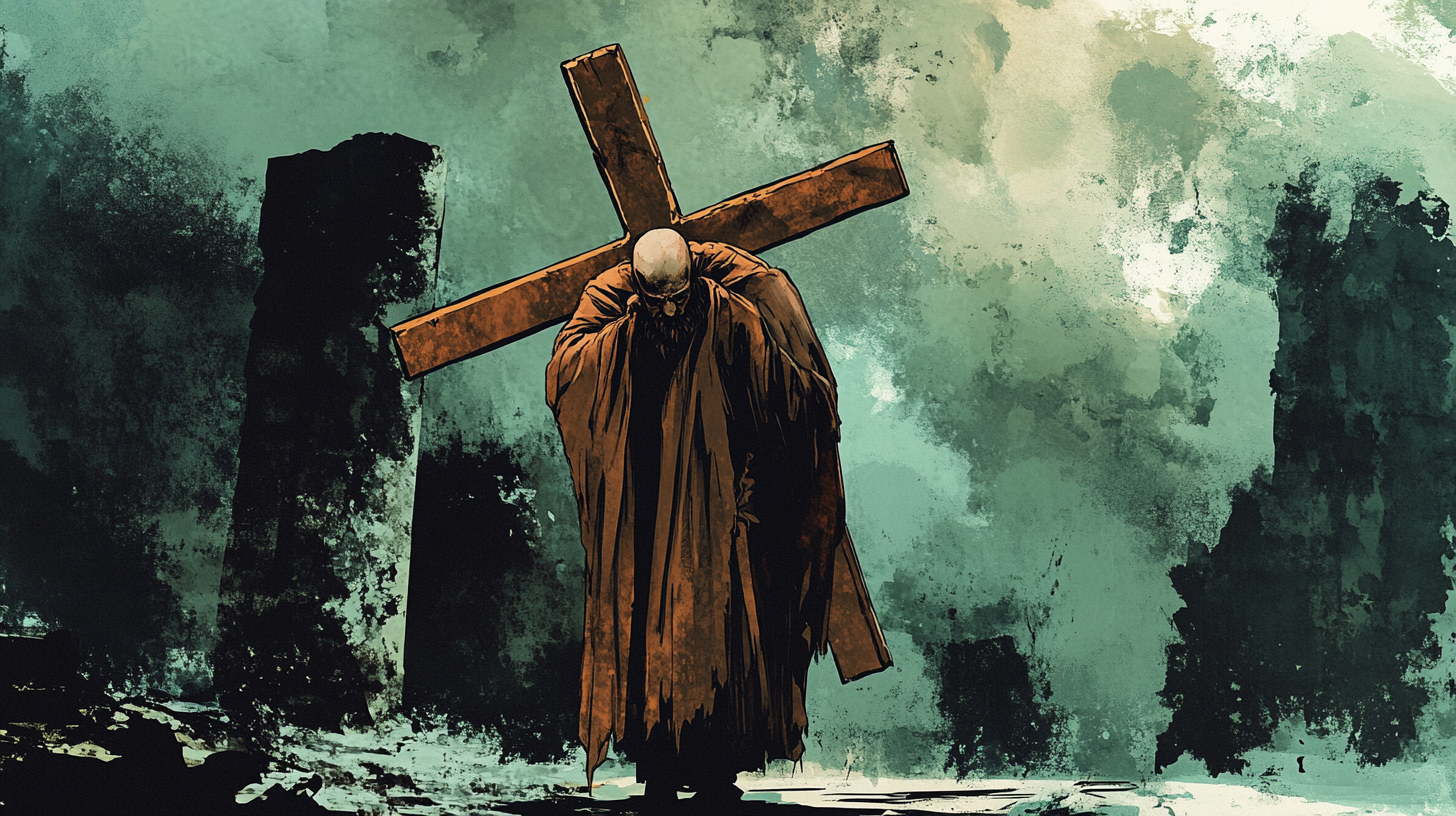
No exploration of suffering is worth its penitent salt without looking at self-flagellation. The religious act of causing oneself harm to demonstrate spiritual devotion has been practiced in one form or another for 1,000 years.
In the 11th century, Peter Damian, a Benedictine monk reckoned spirituality should be demonstrated chiefly through physical discipline. He believed that only those who actively sought to share the sufferings of Christ could be saved from eternal damnation. Islam and Judaism have their own versions, all centering around the idea of suffering being good. More on that later.
Looking more broadly, psychology has provided us with lots of different terms for people who pursue pain in some form or another. Autosadism, self-defeating personality disorder, being a bit mad.
Psychologist Dr. Paul Bloom has spent big chunks of his career looking at this very thing. In his rather brilliant book, The Sweet Spot: The Pleasures of Suffering and the Search for Meaning, Bloom argues that the very essence of life is to have some form of suffering exist.
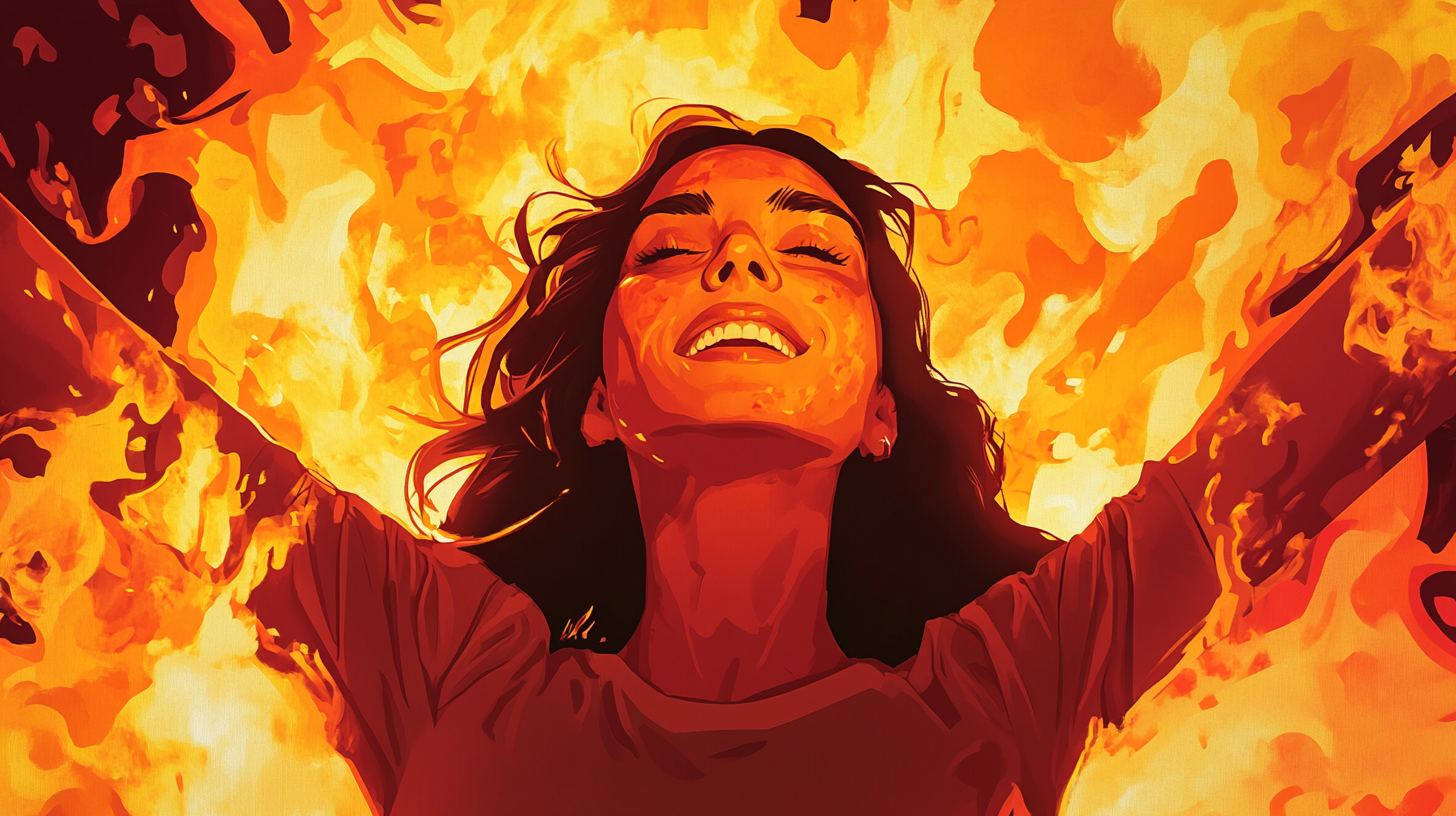
“I think there's no meaning if there's no suffering, or at least if there's not a chance of suffering. I think our common sense notion of a meaningful activity is one that has challenges and difficulties and struggling”, he said in a recent interview.
It’s this idea that difficult things bring rewards, but to get to those, suffering we must go. Bloom argues that when we choose to do difficult things, it’s not necessarily because we want to feel pain.
To run a marathon, it’s not because we want to bugger our feet into blistered oblivion. It’s because we want that sense of achievement, but accept that bleeding feet might be a part of it.
It’s an idea that turns up in other parts of our lives, too. Researchers Roy Baumeister and Kathleen Vohs asked people how happy their lives were and how meaningful their lives were and they found something odd.
The people who said they had very meaningful lives reported more anxiety, more struggle, more difficulty, more stress. They had more children. They might be happy, but they struggled.
Something else came out of that study too. Being happy, they found, was a reflection of the present, how they were doing at that moment. When people spoke about meaning they wove their past, present, and future into the picture. That image was often filled with darker moments, but they gave their owners something richer.
I see you suffering 👀
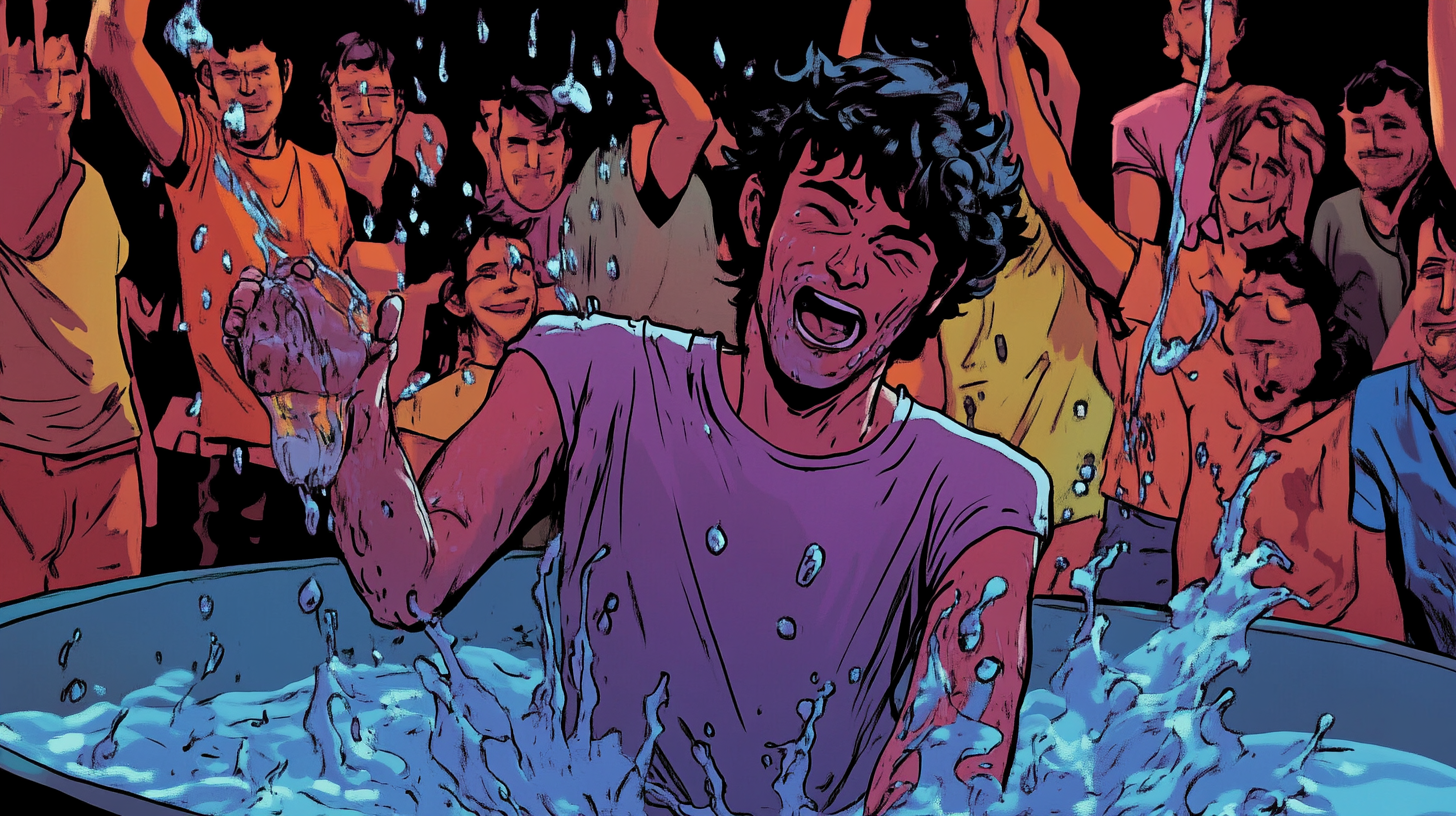
There’s another dimension of why we pay to suffer that I want to look into, that therapists don’t always consider - morality. Here’s a puzzler for you: a friend says to you they are raising money for charity, but they’ve been given two ways of doing it:
- Run as far as they can for 12 hours
- Sit and watch TV and eat whatever they like for 12 hours.
Which one of those are you likely to want to give money to? The one suffering for the cause, or the one having a fairly chilled time watching all nine seasons of the American remake of The Office?
This is what researchers Daylian Cain and George Newman call tainted altruism. The idea is simple: the presence of self-interest in the charitable domain was seen as tainting. It’s the suffering that signals to others that the thing you want them to do - in this case, give you money - is worthwhile.

It’s why we have fun runs, versus fun massages. It’s why we all threw ice water over ourselves to raise money for ALS instead of popping out for a light lunch with friends. We quietly and consistently push suffering and morality together. Those benedictine monks from the 11th century were on to something: to be seen as good meant suffering had to form part of it.
Why do we pay to suffer? Well, because it can and often signals to others that we are trying to be good. Would you walk a 1,000 miles if no one ever knew you did it? Maybe. But there’s a key component to being known to suffer, to choose something difficult that forms part of this story.
Positive versus negative suffering 😬
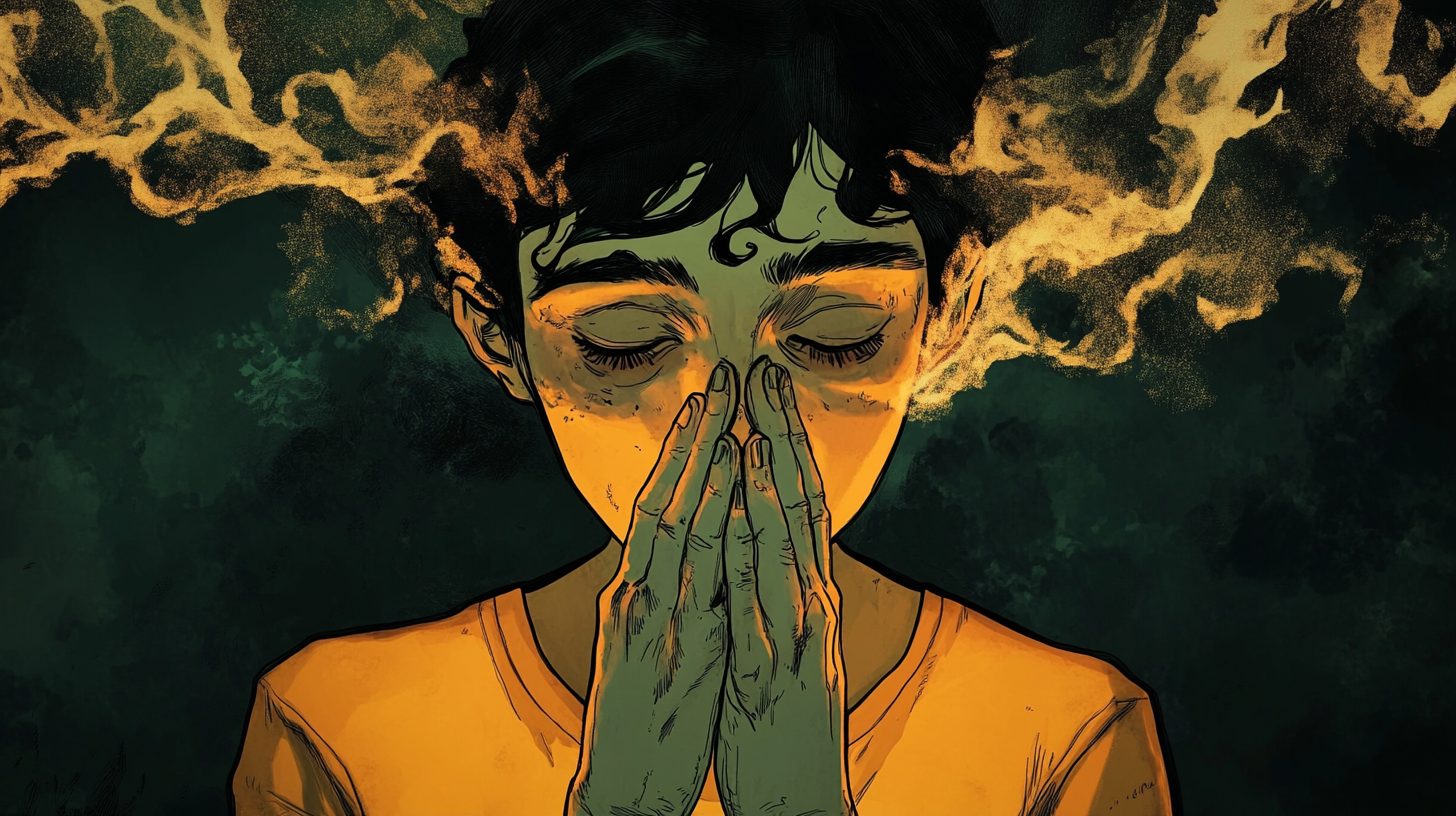
So now that we understand that suffering is often a thing we choose, I want to turn and look at the suffering that we don’t choose, and how we perceive it. I’m going to be referring to the work of James Davies, who wrote an amazing book called The Importance of Suffering: The Value and Meaning of Emotional Discontent - required reading for everyone who has ever suffered.
No one likes suffering - we can all agree on that. But where the mental health community splits is what to do with suffering. Today’s newsletter was all about why we go looking for suffering, but it’s important we ask ourselves, what happens when suffering visits us.
Over the second half of the 20th century and into the 21st, suffering was considered unnecessary: and a huge industry arose to help us medicate us through suffering. And why not? Who wants to raw dog their pain when we can turn the volume down?
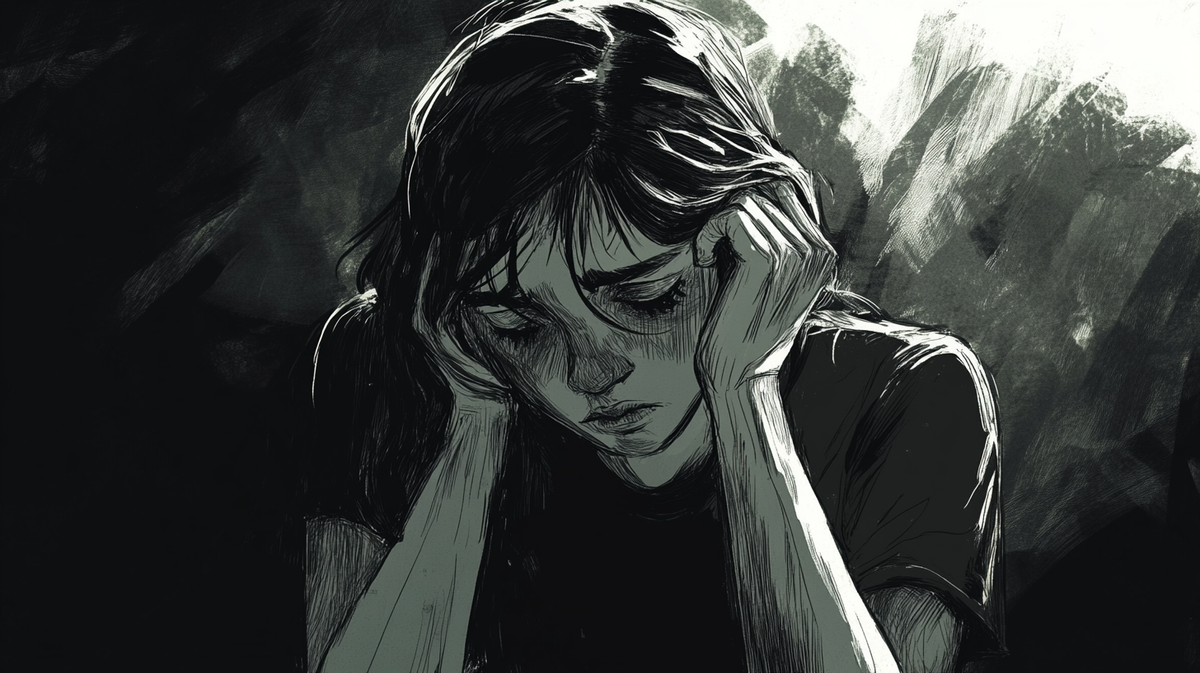
But Davies argues that suffering is part of our existence, whether we like it or not. We will always lose something or someone, we will always experience struggle, anxiety, and low moods at some point in our lives.
But when we medicalise those moments, when we give them labels and call them dysfunctional it robs us of something vital: we’re supposed to feel that pain. We’re supposed to suffer because something we value tremendously has suddenly been lost.
Not all suffering is illness. Davies argues we have become suspicious of suffering, and we can sometimes overlook the vital role it plays: it’s a healthy call to change.
If running a marathon gives us a chance to see what we’re made of, accepting that we suffer and that it can be useful can show we’re made of stronger stuff than we think.
Things we learned this week 🤓
- 🤖 AI can on recreate a replica of your personality, if that interests you.
- ❤️🩹 Testosterone and male sexual desire? No link says study.
- 💪 How power dynamics in relationships can help predict infidelity
- 😞 There’s something unusual about the way lonely people talk and think
Just a list of proper mental health services I always recommend 💡
Here is a list of excellent mental health services that are vetted and regulated that I share with the therapists I teach:
- 👨👨👦👦 Peer Support Groups - good relationships are one of the quickest ways to improve wellbeing. Rethink Mental Illness has a database of peer support groups across the UK.
- 📝 Samaritans Directory - the Samaritans, so often overlooked for the work they do, has a directory of organisations that specialise in different forms of distress. From abuse to sexual identity, this is a great place to start if you’re looking for specific forms of help.
- 💓 Hubofhope - A brilliant resource. Simply put in your postcode and it lists all the mental health services in your local area.
I love you all. 💋









